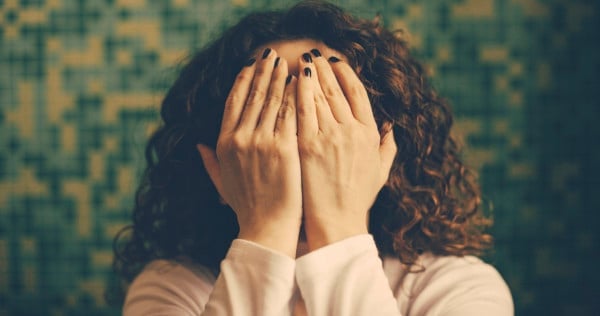

LBL. Three little letters that most will either find laden with fear and anxiety, or just plain confusing.
Even in an office full of women, many of us were in the dark when it came to understanding what Light Bladder Leakage really is, and what the implications are for those who experience it.
We sat down with Lyn Rohweder – a registered nurse who is passionate about alleviating the stigma of LBL – to bring the issue to light.
What is LBL?
“Light Bladder Leakage (LBL) occurs when you experience slight urine leakage that you can’t control due to activities such as exercise, sneezing, coughing or laughing,” explains Rohweder.
Who does LBL affect?
LBL can affect anyone who has a weak pelvic floor. It affects one in five people – including men – but it affects women more frequently, with one in three women experiencing LBL in their lifetime.
“There’s a misconception that LBL only happens after childbirth,” says Rohweder. “While it is more common for women to experience after having children, it is also quite common to experience LBL during menopause. This is due to the hormonal changes occurring in our bodies that causes a weakening of the pelvic floor.”
How do you know whether you have LBL?
“Most women that have experienced LBL know that ‘whoops’ feeling – it happens when you’ve laughed or sneezed and you’ve accidentally let a little urine out,” explains Rohweder. “That’s the indication that most people will experience.”































































































